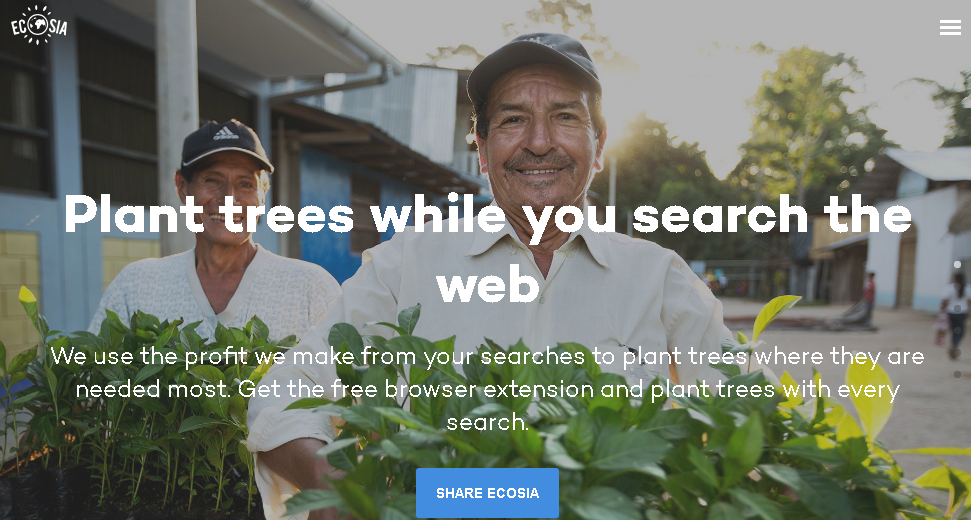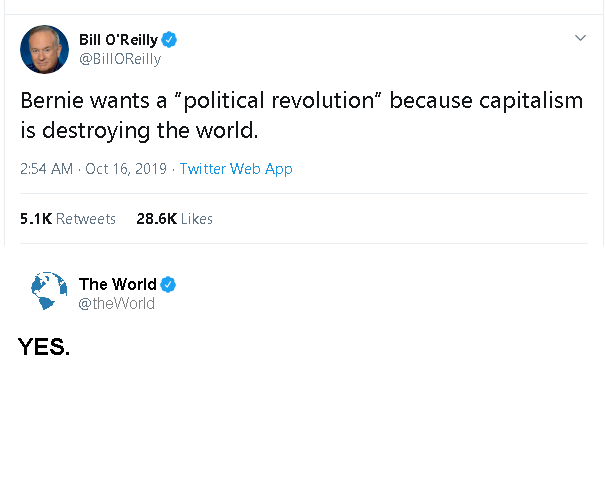
Category: Internet
Love, Language and the lack of it
I was around 16-17 when I figured out that what people call “love” (as in “romance”) is just fear of loneliness.
We are a social species. Our closest relatives, the other apes, live in small social groups, or families. But our lives have evolved in societies that developed into civilization: living in vast cities that, instead of bringing us close, have isolated us.
Modern architecture can be depressing, oppressing, uninvolving and inhuman, hostile to our own biological senses, needs, cognitive and emotional intelligence. The way we live in our houses and apartment buildings further isolate us.
As people had to somehow balance the deficit, they shifted the role that the social group plays, onto the individual’s romantic partner. He or she (*) are required to fill the void, this lack of togetherness that alienation, stemming from the modern city environment and society, has created.
Oh sure we still have friends – but unlike our cousins, the other apes, we don’t live with them. And because the “rat race” leaves very little time for most of us, we don’t see friends and family very often either. We might speak to them on the phone, chat with them on social media.
We patch up this emptiness by entertainment, television, gaming, alcohol, drugs. Especially in the internet era, we are constantly connected and disconnected. We are among very many people, but we are basically alone. “Loneliness is a crowded room“. And we are not coping very well with it.
We have pets because our affections are more often than not selfish and self-serving. We need others for our own reasons – to feel good. We need company, and acquaintances can be pleasant and distracting, but we also need meaningful company and a sense of connection.
We perceive a pet’s love as unconditional and non-judgemental. That’s why pets are so therapeutic: they offer us validation and companionship.
*When I previously referred to “he or she” I meant mostly “she”. Recently I read an article about the loneliness that toxic masculinity has boxed men in because emotions are perceived as a feminine “thing”.
In my first year at college, what impressed me most was how emotions were aggressively rejected by my male fellow students. “Awwwww, sentimental!” they would all shout and mock in unison, ganging up in a chorus of male solidarity, grimacing and laughing at her, when one of the girls made an emotional plea or spoke about something to do with feelings. We ignored them, of course, and didn’t protest, so if it was a trick to get our attention and engage in confrontation with them, a field where they felt they had the upper hand, it didn’t work. But they didn’t stop trying it so, eventually, we kept such conversation subjects to ourselves.
As I discussed before, a long time ago humans lived in social groups. The family shared a common dwelling. Couples did not move away from the communal home to raise their children. When a man won the attention of a certain woman, he was accepted in her family and joined them. He had no notion and no way of knowing that children born were his own offspring. Men were not even aware of their role in reproduction.
Agriculture leading to permanent settlement and private ownership changed all that and broke down the social grouping: a man who owned cattle could barter and acquire a wife for himself, take her away from the family, where she could procreate with other males, as our cousins the apes do: with the help of patriarchal religion and marriage, he could then become the exclusive master of her reproductive potential, ensuring, or at least increasing the chances that the children born to the couple were his own.
Eventually, patriarchal religion invented sin and romantic love, as effective strategies to control the natural promiscuity of the female of our species. The necessity to form a temporary bond – a pairing – stems from the need to assist in raising and protect the young, as seen in species that do not live in familial social groups. Removing the woman from her family, where all children were the children of the group, cared for not only by their own mothers but by the group collectively, and where no male could be certain about the parentage of the offspring, created the patriarchal model of the couple and the religious marriage; in this partnership, the temporary bond became a permanent union, blessed and made holy by the church and impossible, until, recently, to escape from.
Attraction is necessary to form that bond between the couple, and evolution has reinforced this, particularly in men. Love is a “commitment device”. Men fall in love “at first sight” much more often (about as twice as much) than women, feeling the urge to stay with the object of their desire and protect her against danger as well as from other male’s advances.
This could be because men being more visually attracted are quicker to fall in love than women, who tend to rely on the development of emotional bonds to strengthen their affections. As women are naturally promiscuous (because that favors biological fitness of the offspring), and can successfully rear their young with the help of the social group, or other males who are not the fathers of the children (the homosexual siblings play the role, in our species, that the aunts and the sisters play in others: in prides of lions and pack animals for example, where only the dominant couple procreate and the rest of the group share the caring of the adolescents), they have less reason to fall in love and remain exclusively with one male for longer than it is necessary for the child that particular man has fathered (or thought he fathered, as humans, as well as lions, deceive their partners about parentage, to avoid males harming the young sired by others); that’s where religion and marriage comes in.
We know that erotic infatuation and idealization of the object of desire doesn’t last much longer than it is absolutely necessary to aid with a successful gestation, birth and breastfeeding, in other words when the higher infant mortality period has passed. Studies have shown that this intense phase of exclusive erotic attraction (the “honeymoon phase“) lasts between twelve to twenty-four months.
Marriage is what keeps couples together. But people become dissatisfied. Their partners no longer fulfill their needs. Men have very few real friends. The social group does no longer exist: families seldom share the same roof in modern societies, and we park our parents in retirement homes.
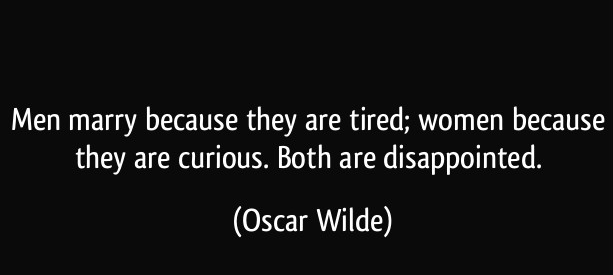
As a result, people (especially males) are increasingly lonely and seek to fulfill their void with another romantic partner who they will invest in: a surrogate mother, a housekeeper, sexual provider, intimate friend, psychoanalyst, “soulmate”, everything. And this cycle repeats itself with every new failed attempt or until people give up and resign to their fate, either single or in an unhappy marriage. That’s what was meant by being “ready to settle down”. And the traditional model, making allowances for a man’s extramarital affairs, when often keeping a wife and a mistress was the norm, meant that everyone was dishonest to everyone else, with few exceptions, but patriarchy could perpetuate itself. For women, marriage was their only socially acceptable access to sex and status, while for men, it was the socially acceptable way to acquire a broodmare of sorts, father children and secure patrilinear succession. Until the sexual revolution, that is.
It is not then a coincidence that we see the most conservative, religious, patriarchal and male-supremacist groups pushing for the protection of marriage and the sanctity of the unborn, against homosexuality, against women’s rights, against abortion, against equality, against social welfare, child support, health care, free education, against every bit of social progress that would make the traditional, patriarchal form of marital monogamy less and less necessary and that would give women their freedom, independence and the ability to choose: these groups and the status quo they protect are precisely the ones that need these restrictions and strict social norms of institutionalized misogyny the most.
Single women able to support themselves, single mothers who do not subjugate themselves and their wombs to a husband, unmarried couples, same-sex couples, gender fluidity and all the variations to monogamy, even the so-called “inter-racial” marriages and birth control are threatening to religious conservatives. Not only these threaten the security of parentage for the husband, they would also remove the eternal support and unpaid services women are called upon to provide to the lonely, insecure, dissatisfied (and predominately white, Christian) uber-males. They could sever the umbilical cord and remove these stunted males from the tit they’ve been suckling upon from millennia, forcing them to grow up, accept and process their emotions, become capable of forming real friendships and restoring communal, social bonds based on equality.
If we look at animals, social species like apes, dolphins, and many others, are never alone unless they choose to be; they form special bonds with other individuals within their group, they have sex but not exclusively with one partner, they can spend time on their own when they feel like it and they join in communal activities, to play, hunt, feed and explore.
Solitary species don’t seem to need companionship as much as pack animals do. Solitude seems to come naturally to them, with the occasional social contacts during sex, feeding, rearing young and travel.
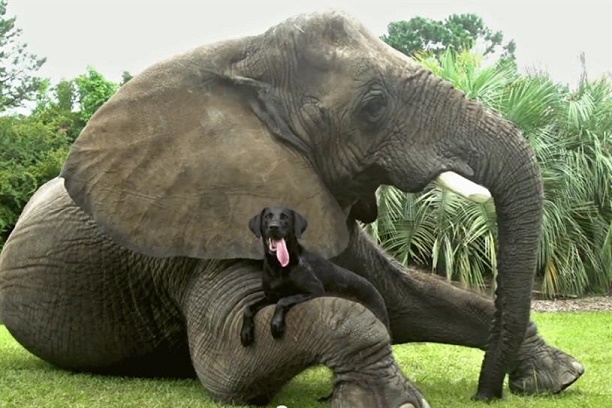
Even extremely social cetaceans seem to be able to cope with solitary existence, and they are also known to socialize with other species: there are many examples of inter-species friendships; one of the most prominent is the case of the world – famous Fungie, the dolphin who chose to live as a good neighbor to the people in the Dingle peninsula of Ireland; Fungie, and other dolphins, come and go as they please, they mate, raise young and return, mingling with us on their own terms, whenever they want to play, interact and observe, even study, one could say, humans. They are most probably as curious about another sentient life form as we are about them.
What is it that differentiates us and these sentient species? Why do we run into so many problems and mental issues, complicating our lives and failing in our relationships instead of being able to just live, like other animals? We are also animals after all…
I have a suspicion it has to do with speech and language.
Of course, I am not saying that the other intelligent animals don’t have language: indeed they do, and they can communicate and express themselves. But we seem to “measure” intelligence by the complexity, eloquence, verbosity and vocabulary size of our language. We consider dogs very intelligent because they (some Border Collies, in particular) can understand some two hundred plus different words.
Does that mean that pigs, for example, aren’t that intelligent, by comparison? Quite the opposite – they are more. What about apes? they squeak and vocalize a lot, surely, but do they hold lengthy conversations and give three hour-long lectures?
Elephants? They hardly say anything at all, yet nobody doubts they are extremely intelligent animals with self-awareness and the ability to pass on knowledge and culture, as are corvids, and mice, and many others. They too, seem to have a concept of future and the ability to make plans. They are aware. They are complicated and emotionally rich. Why, whales sing as good as many birds. Dolphins have a very complex language (that for all our intelligence we have failed to decipher).
Despite living with dogs for thousands of years, we have failed completely to figure out what they are “saying”, while they can read everything we say and most of what we don’t…they can read our expressions and body language to the point of being able to read our minds, much better than we can read each other…
So no, I don’t think anybody can actually propose that language is the end all and be all of sentience or that the size of the vocabulary is indicative or higher or lesser intelligence. Something else is afoot.
For all it’s richness and complexity, human language hasn’t actually helped us much to communicate with each other effectively, understand and be truly understood, as deeply and as successfully a dog can understand their human companions. It hasn’t improved our emotional intelligence. Speech hasn’t helped us to reason with others better and resolve our conflicts. It hasn’t replaced the deep, unspoken communication between mother and child, between friends, between lovers that are truly compatible, so much so that, we actually recognize, they don’t need words: they don’t need to explain with language. They know, and we know, and they know we know, and we know they know…And when they do speak, they do so to speak our mind, in perfect harmony, and to express exactly what we were thinking, and they always seem to “say the right thing”, and know us better than we know ourselves… but not because we explained ourselves to them with words.
So what is at work there?
Why haven’t other apes develop speech and language like we did?
Obviously, they didn’t need to: their ability to communicate is sufficient as it is in their species. They can express and share with their own code without our own style of verbal communication. Their intelligence, self-awareness, environmental awareness, mental and social skills are extremely well developed and excel ours in several ways.
In the Cognitive Trade-Off Hypothesis video we can see that their visual perception and short-term memory are far superior than ours. The theory proposes that language was a tradeoff: as we climbed down from the trees, becoming more exposed to predators and starting to hunt other animals ourselves, verbal communication became a skill that evolution favored; we needed language for sharing essential information that was vital for survival; fast visual recognition and perception was the price we paid for the increased speech and language skills and vocabulary.
If Matsuzawa’s Trade-off Hypothesis is correct, I think that in the bargain we lost, to a degree, precisely what we value in our non-human companions: their ability to know how we feel and almost read our thoughts by picking up the visual signals, our facial expressions, our eye movements, our body language. Our ability to express, explain, communicate, comprehend and be understood without spoken language was diminished by the trade-off. And, ironically, the need for cooperation and information-sharing that formed the basis of the trade-off, is leading us, in an age of a virtual constant bombardment by information, into a regression from meaningful communication, cooperation and reasoning. It’s as if as language has reached its limits yet failed to provide us with the very thing it was meant to do…
And if I’m right, it’s no wonder that we can write literature and poetry, lengthy essays and scientific papers, philosophical ponderings, moving, beautiful, extremely articulate and time-transcending works of literary art, drama, comedy, fantasy, fiction, history, lyrics, song expressed in words, with almost limitless delicacy, imagination and nuance put into letters, and yet…
When it comes to interpersonal relationships, our ability to understand each other in that deep, silent way, our ability to really feel what another person feels, and truly connect with another mind has greatly diminished – because we have learned to rely on words for communication and expression. We have invented and developed an ever-growing collection of vehicles to load our thoughts on and carry them to others, but this very fact, that we have articulated such a complex and extensive intermediary, comes at the cost of losing part of the meaning and part of the message.
Our ability for deep friendship and deep love – besides the parental and sibling relationships – is that much poorer, because our language has become that much richer.
In the wild, altruism, empathy, emotional intelligence, compassion, cooperation, meaningful communication, comprehension and synergistic behavior are essential for the survival of social species. In our egotistical modern world of capitalist antagonism and isolation, where we no longer live in closely-knit kinship groups, it’s easy for empathy to be bred out in humans, especially males: the traditional married couple, under the husband’s dominance, religious control and in capitalist environments, raises sons to male supremacist, patriarchal values, discouraging emotions as a weakness. Empathy is no longer selected as a valuable inherited trait nor is it taught, to half of the children at least.
Patriarchy and corporate values favor ruthless individualistic plutocracy, not caring or sharing. People are forced to live in monstrous mega-cities, instead of small communities. Our world is led by aggressive superpowers, while the happiest societies are small, human-sized, socially-minded countries. We are taught to value success, not happiness as the ultimate goal; we define success as power over others and amassing of private, not communal wealth. We are guided to value the same traits in our leaders and set those who exhibit pathological lack of empathy as role models. No wonder then we observe so many societal problems and mental health issues in a species that been mislead for millennia to pursue the existence of a solitary apex predator against its very nature.
The far-right quotes the so-called “western values” as its ideal. This is explained by social Darwinism, whereupon “survival of the fittest” is misinterpreted as “survival of the strong / wealthy vs the weak / poor” or the few over the many (authoritarianism). Society as a pyramid with the super-predators – the Elite – at the top, the 1% reigning, via exploitation, over the misery of the 99%. And yes I am fully aware that my opposition to their “appeal to nature” will seem to some as merely an appeal to nature. But the difference is we should always examine an argument on its own merits. And it’s quite obvious that a society is more efficient in its pursuit of happiness and the common good for all people, via a synergistic behavior (which also happens to be natural – and not by coincidence, but because such behavior is favored by evolution in social species) rather than by an antagonistic, authoritarian, parasitic model that serves the master class and exploits the majority of the population.
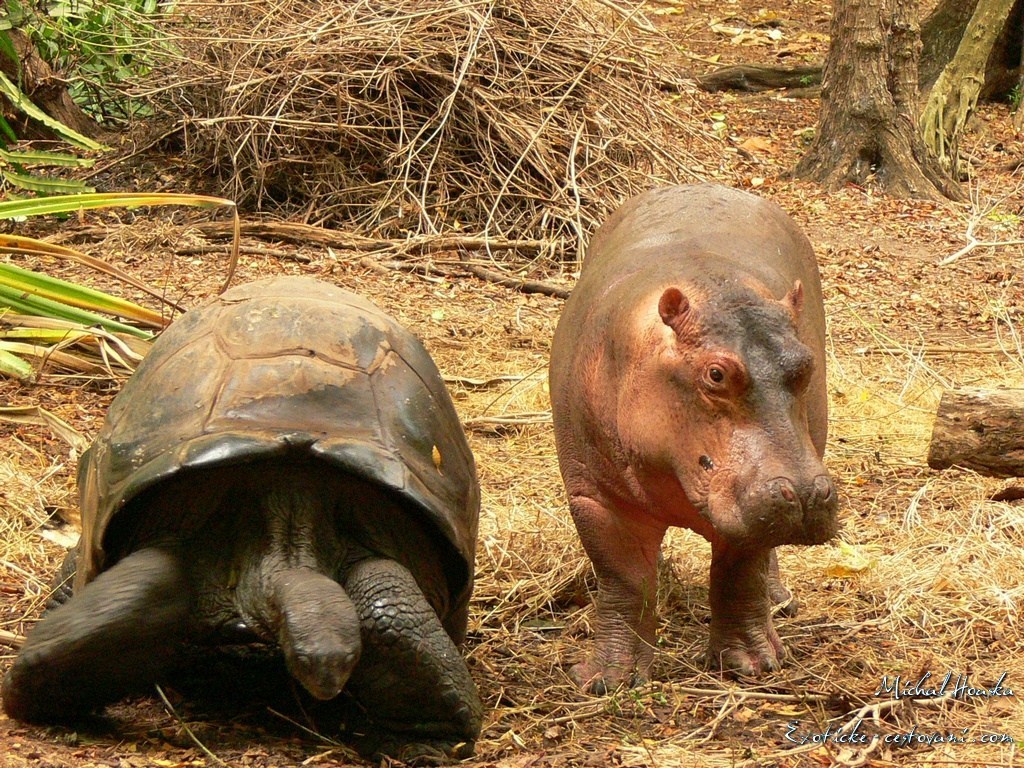
So the majority suffers the consequences. We agonize over the lack of understanding, even by our nearest and dearest. We are less sincere because words lie better than actions and spontaneous expressions. We marvel at how twins seem to be able to know without having to tell. It’s almost as if that beautiful, amazing thing that gave us civilization, language, the spoken and written word of letters, has also erected walls and towers of Babel between us, that other sentient animals, less vocal or verbose than ourselves, don’t seem to be impeded by.
They seem to be able to cross the boundaries of the self, and form friendships across species, without the need to use language, despite the vast differences between the various communication codes of animals. They seem to connect in a way that we would describe as magical, if we didn’t know better.
You will not hear a gorilla, a wolf or a tigress express themselves over a shimmering pond in a moonlit night with a Shakespearean soliloquy – because they don’t need to. Perhaps tigers don’t theorize or externalize as much as we do. Perhaps they even don’t have such a constant need for assurance, comforting, emotional support and validation because walls of isolation do not exist in their world to the degree we have invented them; perhaps because they haven’t lost empathy and emotional intelligence to the degree that we have.
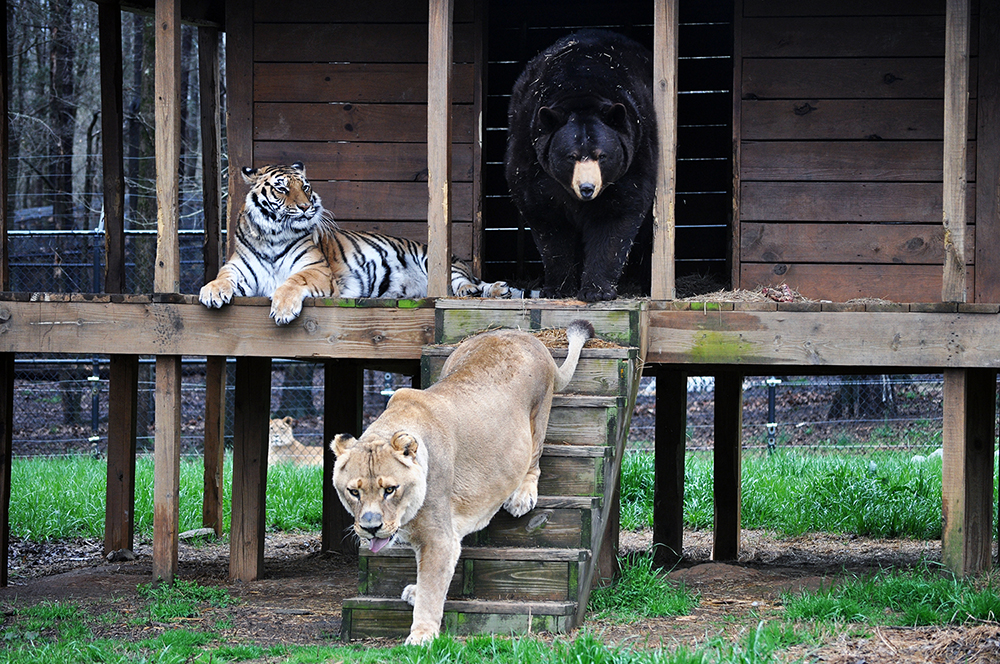
And yet I suspect they can experience just as intensely and just as deeply as any human. Just listen to that nightingale song. Look into a Bonobo’s eyes. I know that my argument is not scientific… but I know many of you feel what I’m saying. You sense that these animals do perceive richly and meaningfully. And perhaps even more fundamentally, organically, directly, because they don’t need a vocabulary of hundreds of thousands of words, to be themselves. To feel. To know and express joy, sorrow, affection, anger, companionship, fear, tenderness, care, excitement, pleasure, curiosity, solitude. To live. A look, a touch, a change of expression, body language, are enough. Enough for beings that haven’t lost that ability, that is. To read and comprehend the unspoken. To articulate it without need for intricate vehicles and mediums in the shape of words and letters.
Do other animals understand each other, experience empathy, share joy, express themselves to a degree that crosses the boundaries of the self and joins two individuals together, knowing each other’s minds? I don’t know and I can’t prove it, convincingly, experimentally or scientifically. But I do know it’s very rare among ourselves and much more common between ourselves and them.
I never needed to explain myself to any of the dogs I shared my life with. They never asked me to, they never demanded that I was like them, in order for them to approve of me. They seemed to know me, deeply and intuitively, and understand me, thoroughly, and accept me, unequivocally; they seemed to appreciate and even celebrate my being, be joyous just being with me, even “love” me, if I could use that anthropomorphic term, that word of many meanings, subjective meanings, or perhaps no meaning at all. Much more than I could ever understand them, they did. They seemed to know sorrow and gladness, sickness and health, worry and care, who was kind and who was evil, whom to trust and whom to avoid. They were so much better at reading people, intentions, truths, honesty, deception.

Lioness with her adopted Oryx “cub”
They never said the right things to me. In fact, they never said a single word. And yet, the only time I ever felt loved, understood, celebrated, appreciated and at one with another human being (besides my own family), the only time I can ever say someone truly understood me, and loved me for who I was, and felt how I felt, and really knew me, was someone whom I communicated with on such a deep level that no words were truly necessary. Just looking into his eyes, a mere touch, the slightest gesture were enough, to experience what he was experiencing, and feel his joy, or his sorrow, and his thoughts, as clear and as intense and as familiar as if they were mine. In fact, there was no boundary, apart from the boundaries of our physical bodies; there was no partition where his self ended and where mine began – there was a free flow of communication instead. No border where he or I guarded and patrolled to keep the other one out. There was no sense of alienation or otherness. There was no intentional filtering or conscious desire to be separate entities – in fact, the very opposite was true.
And that was the most sublime feeling I ever felt, together with motherhood. The feeling of being able to cross that partition, and be at ease, at harmony, fully together, really connected with another mind. No words were needed. Language was no longer an obstacle, meanings no longer required a vehicle, there was no middleman between thoughts , emotions, expressing and communicating them, no translation into word was necessary, no division between signifier and signified.
And that is how I suspect animals communicate, too.
Naughty + Hilarious
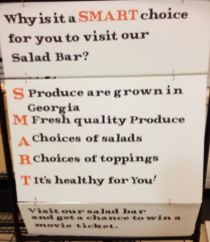
That’s not how Acronyms work but yeah, Tit’s healthy for you!

Got Lucky?

had to be a Greek dude in this…
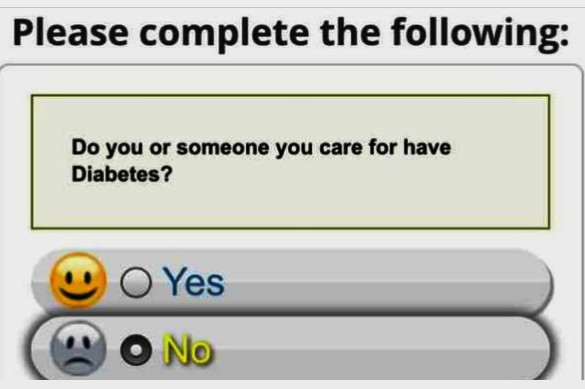
Inappropriate Medical Enthusiasm?
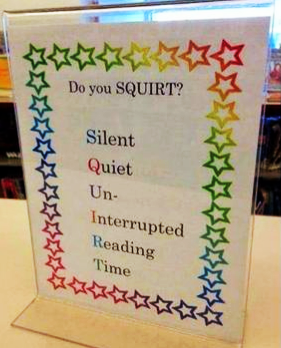
Never Quietly and Not while reading…but thanks for asking!

Sweet!

Awwwww, thank you!

so thoughtful…
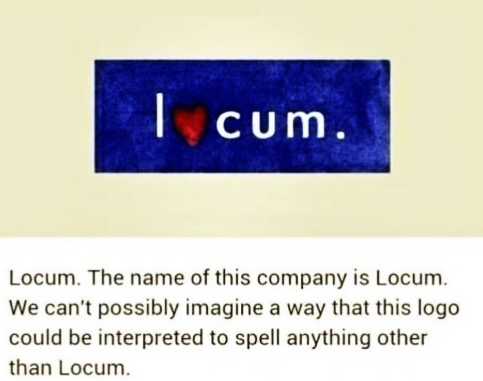
Too Much Information? [Or just needless to say … we all do ♥ (to) cum…]

two in one
(source)

(source)
last one’s a bonus:

(and yes, this post has 6 tags & 9 categories)
85 thousand children and one journalist
I was watching a Faux News video of Trump.
Then news reports about the eighty-five thousand entirely preventable deaths of children under five from extreme malnutrition as a result of the US-backed war in Yemen appeared on my timeline.
“America First – Fuck the World” was a much-“liked” comment under the video.
That was a response to the US President’s “patriotic” refusal to condemn Saudi Arabia for the killing of Washington Post’s journalist Jamal Khashoggi.
Trump defended and justified his allegiance with the Saudis on the basis of the “billions and billions of dollars” that the US is getting from arms sales to Crown Prince Mohammed bin Salman’s regime and the low Saudi oil prices America is enjoying in return.

85 thousand dead children and one murdered journalist. Small price to pay.
The Trump supporters’ comments under the video hailed Trump’s patriotism, amazing intelligence and awesome Christian values, making America Great Again.
They expressed their disgust and hatred of the Press for asking him such “awful” questions.
Trump’s supporters would rather live lobotomized in one man’s no-questions-asked totalitarian Dystopia.
And, Fuck The World. White America (thinks it) will survive Climate Change…
85 thousand dead children and one murdered journalist.
Happy Thanksgiving, Trump & Co.
Look at them in the eye and tell them it was worth it.
For your Greatness.

Plant Trees for FREE
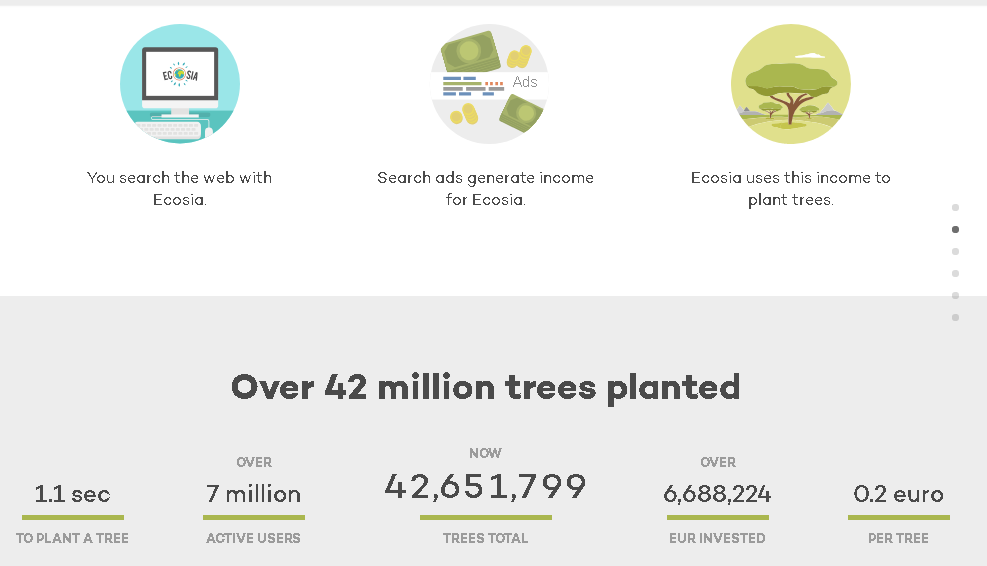
Did you know that there is a search engine that plants trees as you browse?
Ecosia does exactly that. You search the web, Ecosia plants trees. It costs you nothing, and you are helping the ecosystem while you are sitting in front of your computer.
They use their profits to plant trees where its needed the most.
And that’s not the only reason to switch to Ecosia: they stand for a better internet.
It is completely transparent (they publish their monthly financial reports, so you can see exactly where the income from your searches goes).
They are more than carbon neutral: their servers run on 100% renewable energy and every tree they plant removes 1kg of CO2 from the atmosphere.
And they are privacy friendly: they don’t sell your data to advertisers, have no third party trackers and they anonymize all searches within one week.
I switched to Ecosia already and I am very happy with its efficiency as a search engine, and the results.
Plus just looking at the tree counter going up as I browse the internet, and think of all those trees that help our children have a future on the Planet… it’s priceless. It makes me happy. It gives me a reason to dream of a better tomorrow.
If you care, please switch to Ecosia today. And share.
